Chloe Williams is a science journalist and editor based in Yellowknife, Northwest Territories, and a former intern at The Transmitter. She writes about the environment and health. Her work has appeared in The New York Times, Hakai Magazine and Yale Environment 360, among other publications. She completed a master’s degree in the Science, Health and Environmental Reporting Program at New York University.
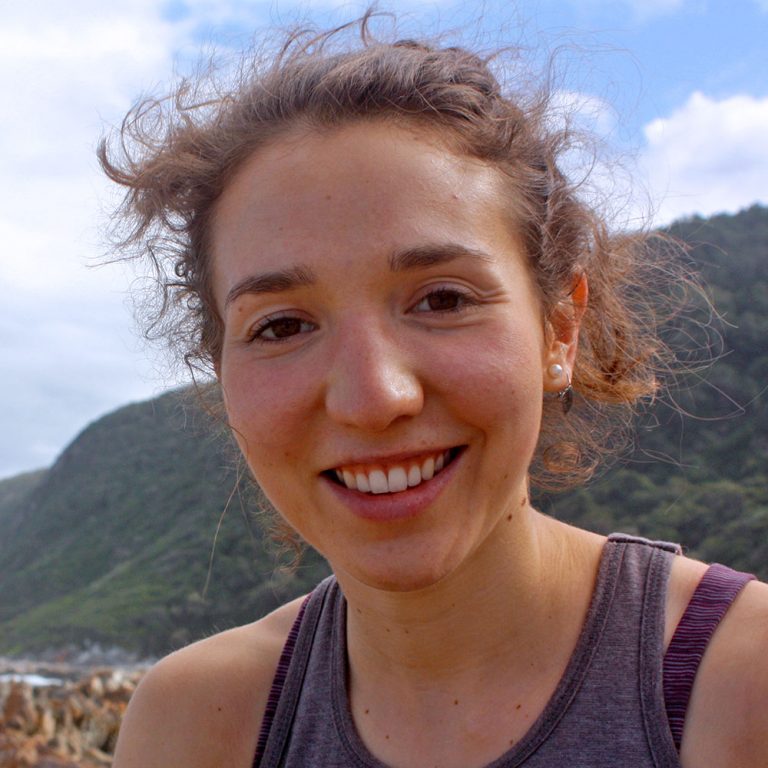
Chloe Williams
Contributing writer
The Transmitter
From this contributor
Molecular changes after MECP2 loss may drive Rett syndrome traits
Knocking out the gene in adult mice triggered up- and down-regulated expression of myriad genes weeks before there were changes in neuronal function.
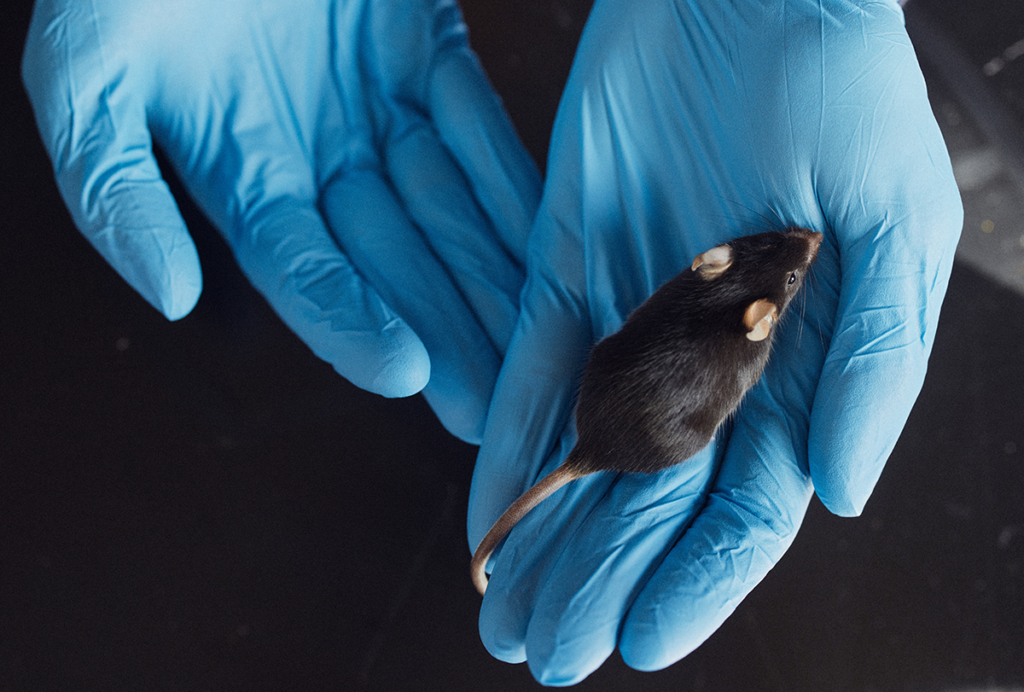
Molecular changes after MECP2 loss may drive Rett syndrome traits
Brain patterning in utero may be implicated in autism, other conditions
Genes tied to several conditions are expressed in regions that control neural stem cell fate within the first few months post-conception.
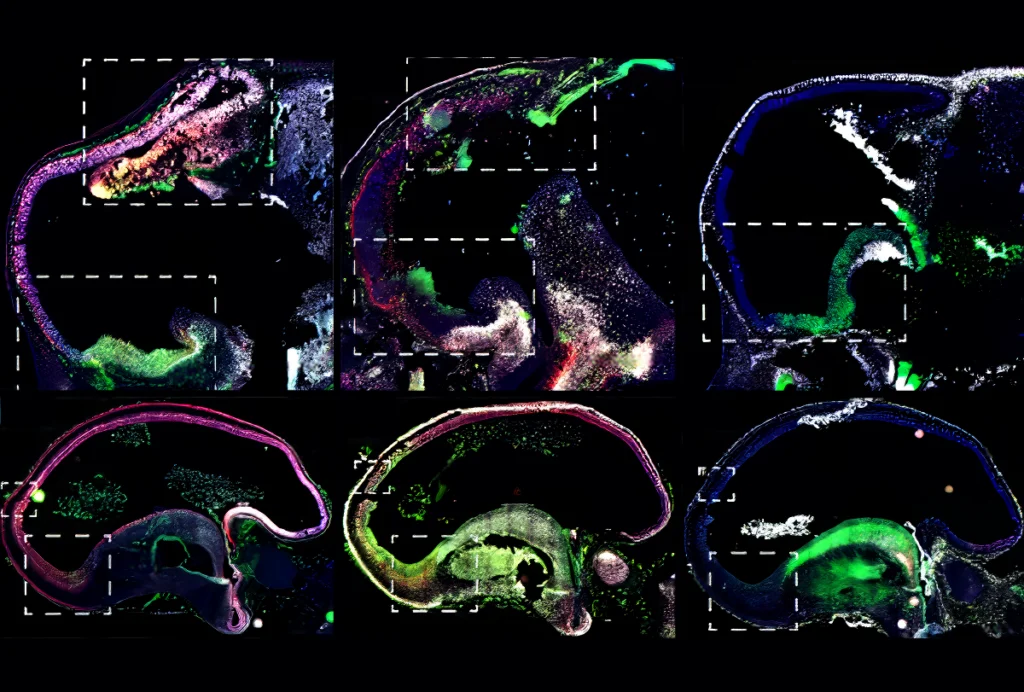
Brain patterning in utero may be implicated in autism, other conditions
‘Retro-Cascorder’ tracks gene-expression timing
The new tool may help researchers reconstruct the sequence of biological events that underlie development.
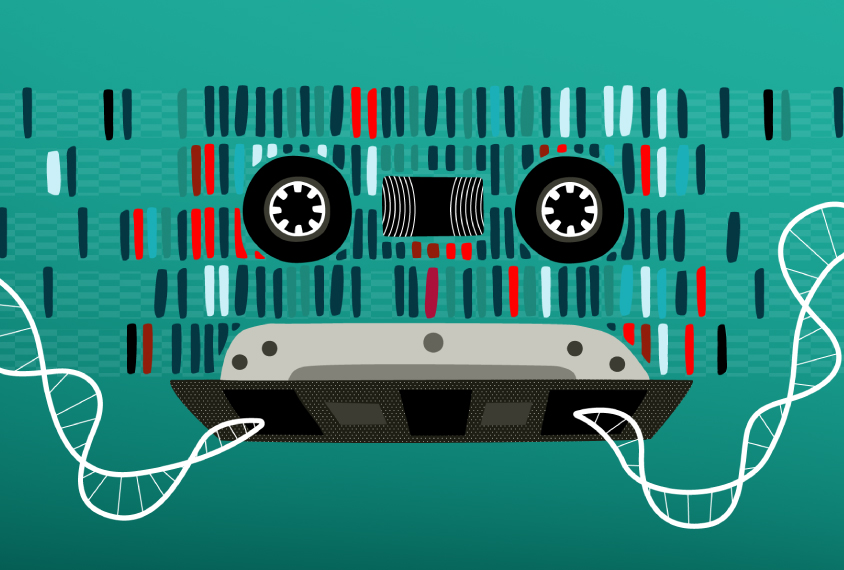
‘Retro-Cascorder’ tracks gene-expression timing
Scans of sundry variant types uncover autism-linked genes
Troves of sequencing data reveal genes tied to autism through different variant types, providing a more complete picture of the condition’s genetic roots and new clues to its heterogeneity.

Scans of sundry variant types uncover autism-linked genes
Plethora of protein-making machines in neurons may underlie fragile X
An overabundance of ribosomes drives an imbalance of proteins produced from long and short genetic transcripts in a mouse model of fragile X syndrome.
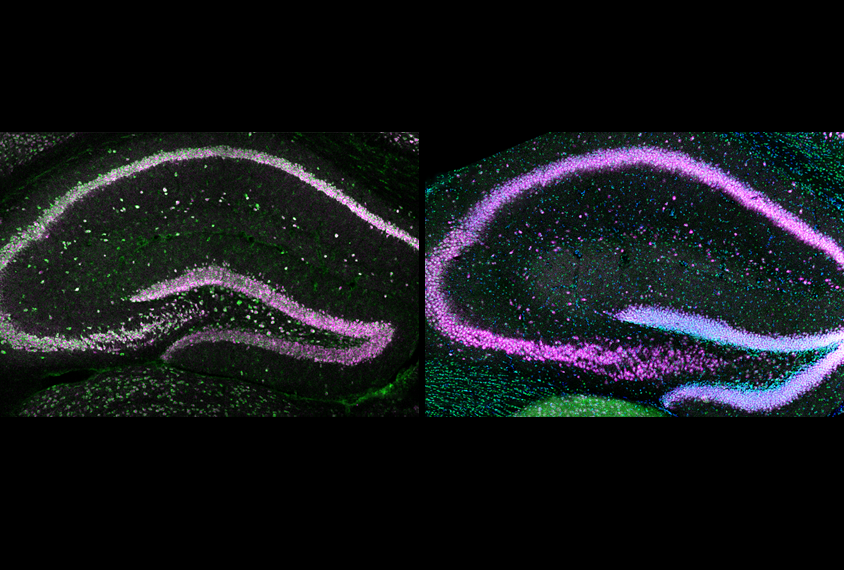
Plethora of protein-making machines in neurons may underlie fragile X
Explore more from The Transmitter
Frameshift: Raphe Bernier followed his heart out of academia, then made his way back again
After a clinical research career, an interlude at Apple and four months in early retirement, Raphe Bernier found joy in teaching.

Frameshift: Raphe Bernier followed his heart out of academia, then made his way back again
After a clinical research career, an interlude at Apple and four months in early retirement, Raphe Bernier found joy in teaching.
Organoid study reveals shared brain pathways across autism-linked variants
The genetic variants initially affect brain development in unique ways, but over time they converge on common molecular pathways.

Organoid study reveals shared brain pathways across autism-linked variants
The genetic variants initially affect brain development in unique ways, but over time they converge on common molecular pathways.
Single gene sways caregiving circuits, behavior in male mice
Brain levels of the agouti gene determine whether African striped mice are doting fathers—or infanticidal ones.

Single gene sways caregiving circuits, behavior in male mice
Brain levels of the agouti gene determine whether African striped mice are doting fathers—or infanticidal ones.